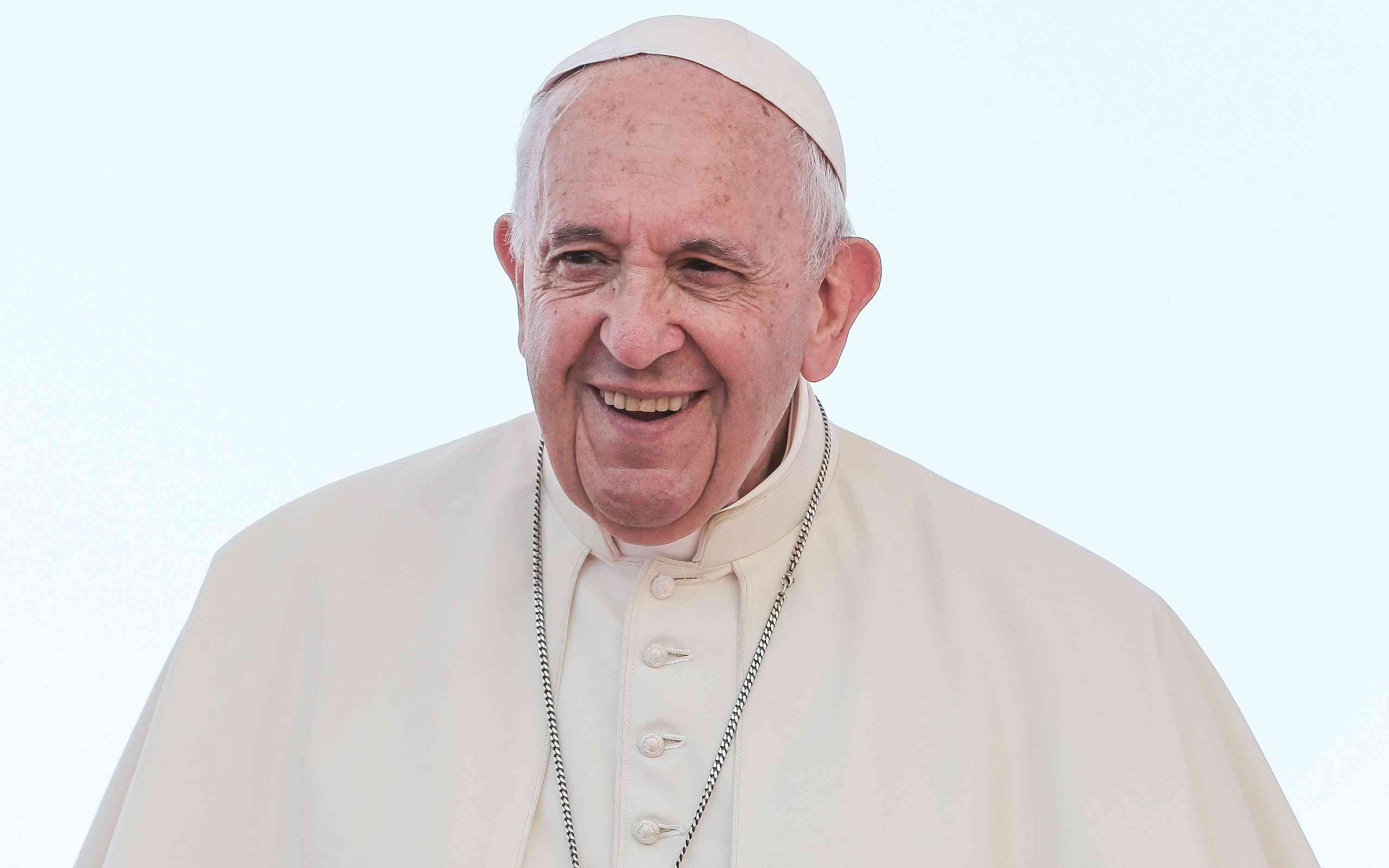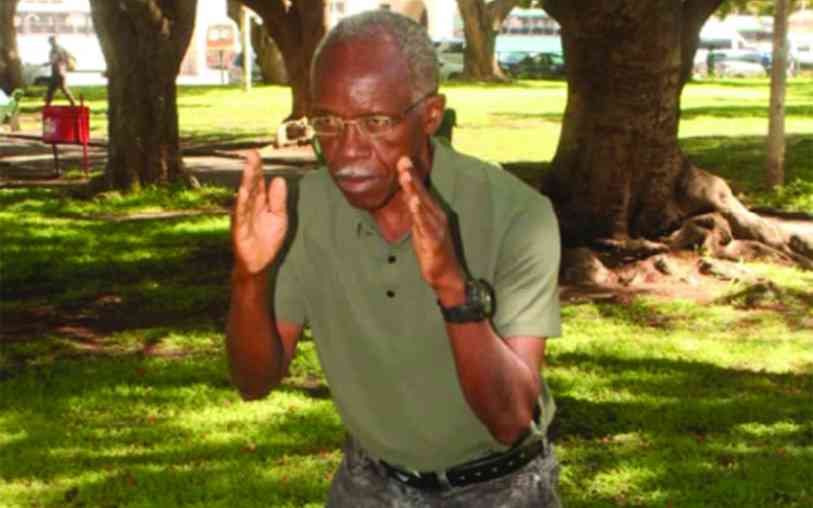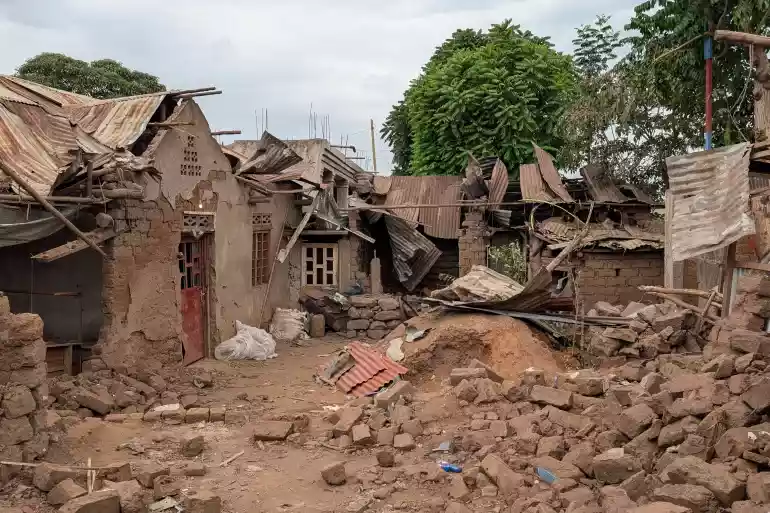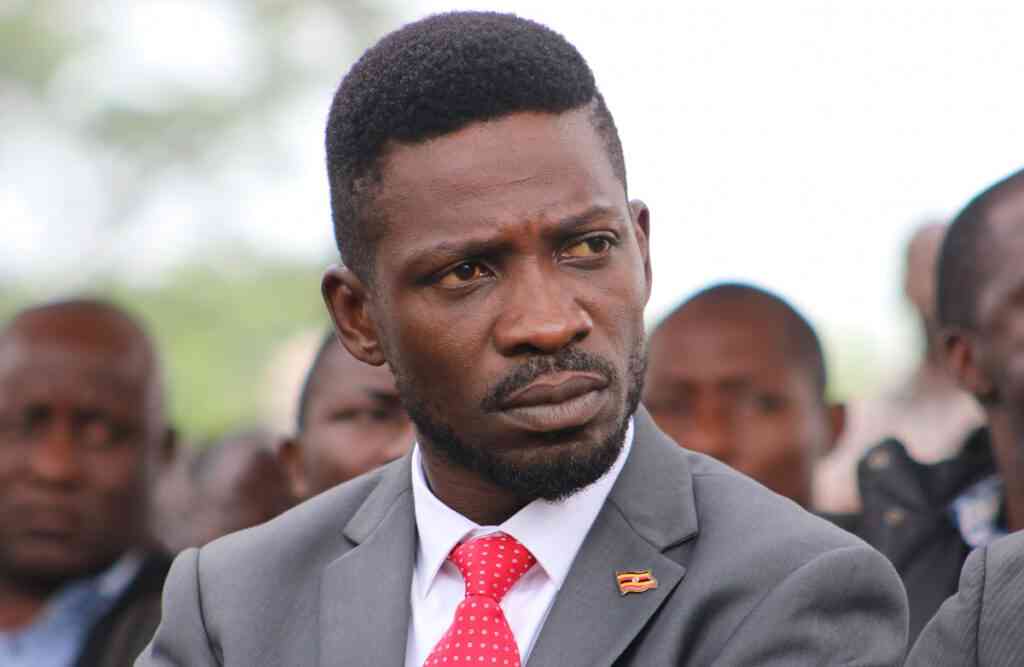
Pope Francis’ visit to the Democratic Republic of Congo and South Sudan is an important chapter in the life of the Church in Africa. The visit is also viewed as a significant step in mending relationships between warring parties in the two countries. Development processes in Africa are often delayed or frustrated by conflicts and lack of peace and stability in the continent and Pope Francis was not hesitant to point these out when he encouraged the youth and people of the Democratic Republic of Congo “not to point fingers at each other or perpetrate social exclusion.”
The Pontiff highlighted that the people in DRC have a rich and beautiful country, yet so hurt by “exploitation, corruption, violence and injustice.” He urged the leaders of the catholic Church there to help fight the injustices that has plagued the country for so long. While the Pope’s address was targeted at the DRC situation, his pastoral statement reflects loopholes bedevilling Africa as a continent.
Issues of exploitation, corruption, violence and injustices are the root causes of the suffering of the majority. The same perpetuates poverty, violence and public destitution not only in DRC but in many African countries. Hence, the Papal visit to Africa seeks to open up opportunities for African people as well as to end disparities that exist in the continent. It strengthens Christian faith and instils hope for all in a continent that is riddled with poverty and public strife.
Bishop Raphael Ncube of Hwange Diocese acknowledged that Pope Francis visit to DRC and South Sudan ushers great hope to people in the African continent.
“The Papal Visit to these two African countries bedevilled by conflict, poverty and disease is a great sign of hope for all God’s people in the whole of Africa. Our problems as African people may vary in degrees and yet essentially the same. This Papal Visit, therefore, will have a healing touch on the whole of Africa, Zimbabwe included,” said Bishop Ncube.
According to Bishop Ncube, the visit by Pope Francis ignites hope for the African people considering that Covid-19 had covered the continent with a blanket of gloom.
“Having just come out of the Covid 19 Pandemic which to an imaginable extent frustrated the Catholic faith in Africa, the Papal Visit becomes a genuine assurance that God has seen us through and he has walked with us even during the darkest days of Covid-19. So it is a great re-assurance to the Catholic faith on the continent,” stated Bishop Ncube.
Bishop Ncube stressed that this visit also puts a signature to our synodal journey in Africa, coming as a great and rare opportunity for Africa to walk side by side with the Holy Father.
- Open letter to President Mnangagwa
- Feature: ‘It’s worse right now than under Mugabe’: Sikhala pays the price of opposition in solitary cell
- Masvingo turns down fire tender deal
- Human-wildlife conflict drive African wild dogs to extinction
Keep Reading
The bishop said the Pope’s visit should serve to assure Africa that she has come of age to be able to stand on her feet and allow her democracies to mature so as to avoid unnecessary conflicts.
He said: “Africa has to celebrate herself as a continent of people who love each other to the point of shunning such demons like xhenophobia, political violence, civil wars and systemic corruption. Africa has to be encouraged to build a Church which is self-propagating, self-reliant and self-ministering. The Church in Zimbabwe has to benefit from the lessons of true synodality expressing itself in opening wide our doors to Christ and reaching out to the less privileged and the marginalized.”
Fr. Matthew Madziva buttressed Bishop Ncube’s words saying that the Holy Father’s visit to any country is pastoral in nature as it serves as a reminder of the role of the Church in its dimensions as a communion, witness, liturgy and spirituality as it awakens the meaning of life in individuals who may be losing hope due to despair and discouragement.
“The visit by the Pope comes to revitalize drooping spirits. South Sudan and DRC have known war for some time and the visit of the Pope brings a break to noise and fighting, it silences the gun at least for the time the Pope is with them and this may be the beginning of the new era. The silence of the gun should not, however, be an event that passes with the return of the Pope to Vatican but should be a way of life,” Fr. Madziva said.
The cleric challenged Zimbabweans cherish peace which they have enjoyed for many years after independence and hand it over to its posterity as a heritage never to be lost.
Fr. Madziva said: “What Pope Benedict XVI dealt with in Post-Synodal Apostolic Exhortation Africae Munus 2011, especially, as his theme, that is, reconciliation, justice and peace, still appeal to the people of these great nations. The message of Pope Francis in Fratelli Tuti, that we are all brothers and sisters should ring loudly in all people’s ears.”
The priest challenged the people of Zimbabwe to rally behind Pope Francis’ message of promoting peace at every level of society.
“The Church in Zimbabwe can learn to spend and expend in the interest of peace. The little the Church can do for peace will have a positive impact today and on generations to come. Instead of conflicts and violence, Africa should develop and nurture a culture of peace,” Fr. Madziva said.
The Pope is coming to the continent at a time when other forces are coming to plunder Africa’s God given resources but his mission is to affirm the identity of Africa and Africans as children of God. South Sudan and DRC have been labelled as war zones but the Successor of Peter is coming to Africa which is a home to his flock, the lungs of the Church.











